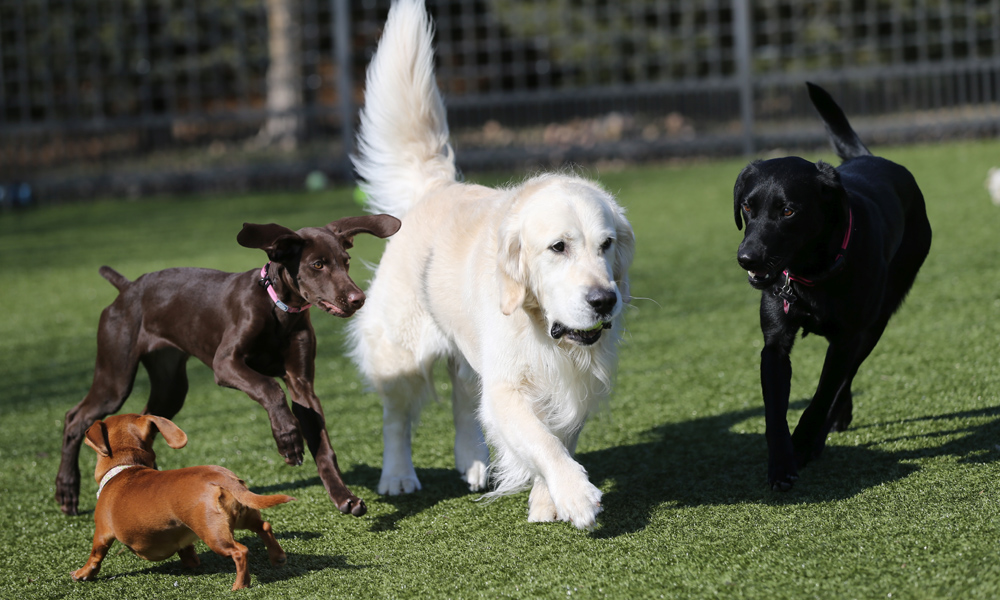
Like humans, dogs have different blood types that are inherited.
Human blood types are based on 3 antigens, A, B, and O, resulting in possible blood types of A, B, AB and O, and each one of these can be either positive or negative. Type O negative blood is generally considered to be universal donor, and type AB positive, universal recipient.
Dogs, on the other hand, have more than 8 different antigens attached to their red blood cells, referred to as Dog Erythrocyte Antigen; DEA 1.1, 1.2, 1.3, 1.4, 1.5, 1.6, etc. Antigens are proteins, carbohydrates, toxins or other substances to which the body responds to by producing antibodies. When a dog has those specific antigens on its red cells, it’s said to be positive. If the red cells do not have a given antigen, then the dog is negative.
DEA 1.4 and DEA 1.6 appear on the red blood cells of about 98% of canines. So, dogs with only DEA 1.4 or DEA 1.6 can be donors for the majority of the canine population. Most often, specific breeds will have the same blood type.
Dogs that are DEA 1.1 positive (33 to 45% of the population) are universal recipients. Some breeds have a predisposition to being DEA 1.1 positive like Golden Retrievers and Labradors.
Dogs that are DEA 1.1 negative are universal donors. Dogs with this predisposition include Greyhounds, Boxers, Irish Wolfhounds, German Shepherds, Dobermans, and Pit Bulls. If your puppy is one of these breeds, it would be a good idea to know your furry kid’s blood type.
Canines rarely have naturally occurring antibodies the way people do. The dog’s immune system doesn’t seem to immediately recognize incompatible blood, until he has been exposed to it. Therefore, most dogs can receive a transfusion from any other blood group the first time, but only once.
Many times, a dog’s first transfusion takes place under emergency circumstances to save the dog’s life. If he’s never before been transfused, it’s likely he’ll have no adverse reaction to the blood, even if it is incompatible. After that, though, the immune system is “primed” to recognize the foreign blood and if it’s given again, a life-threatening transfusion reaction can happen.
In addition to blood type (before a transfusion) and to prevent a serious immune reaction to a donor dog’s blood, there is another test called “crossmatching.” This test checks the overall compatibility of donor and recipient blood. A drop of the recipient animal’s blood is mixed with a drop of blood from the prospective donor, and will clump when the blood is incompatible.
Hopefully we will never be in a situation where our dogs need a transfusion but if we are confronted with it, it is nice to have a little knowledge.
Jean Stelten
"Lead Dog"
Top Dog Country Club


